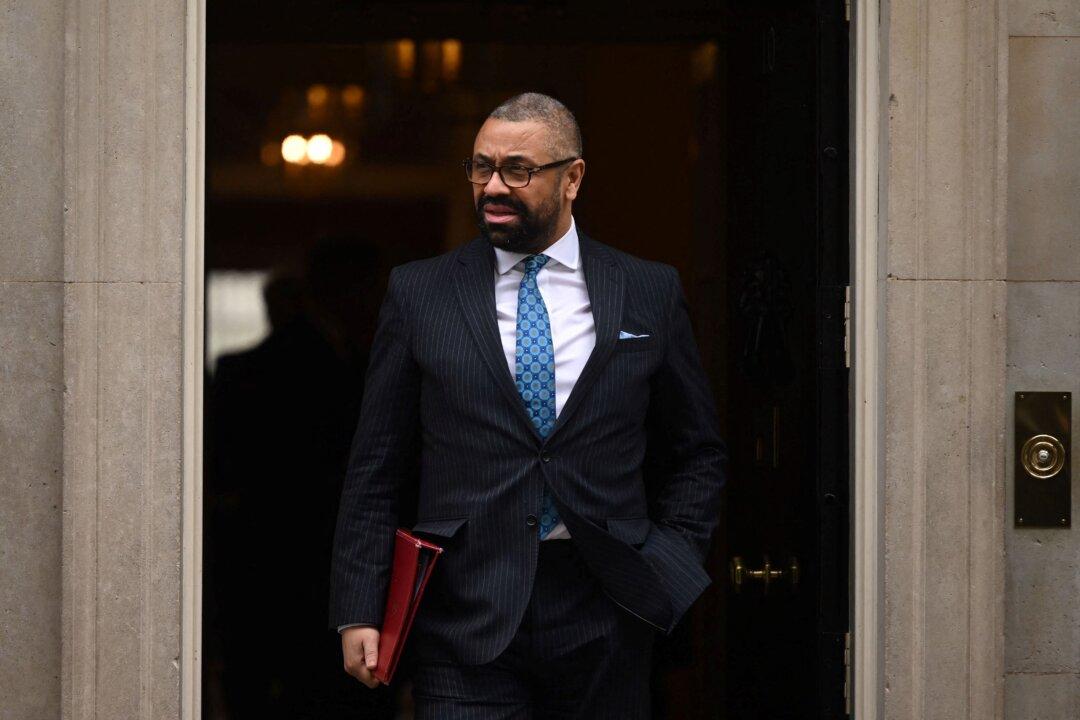Ukraine has the right to “project force” beyond its own borders for self-defence, Foreign Secretary James Cleverly has said following reports of drone attacks on Moscow.
Russian authorities said drones crashed into three residential buildings in Moscow in the early hours of May 30, causing no casualties and only minor damage.






